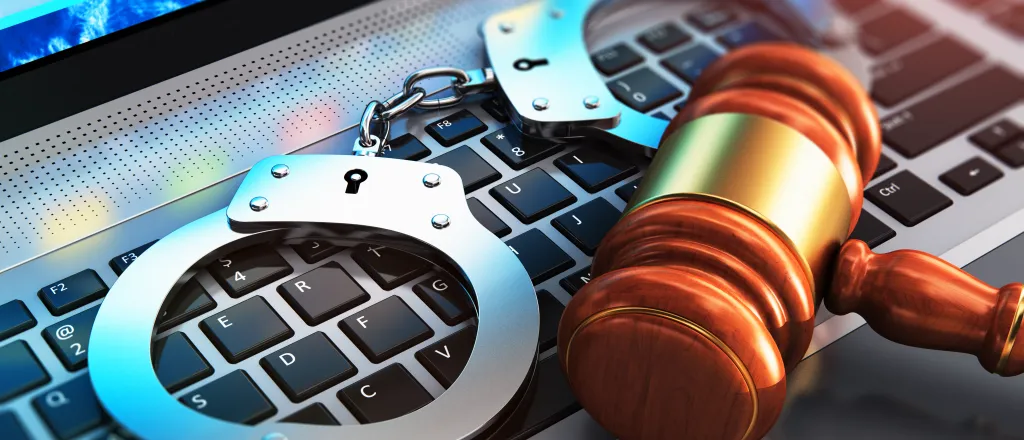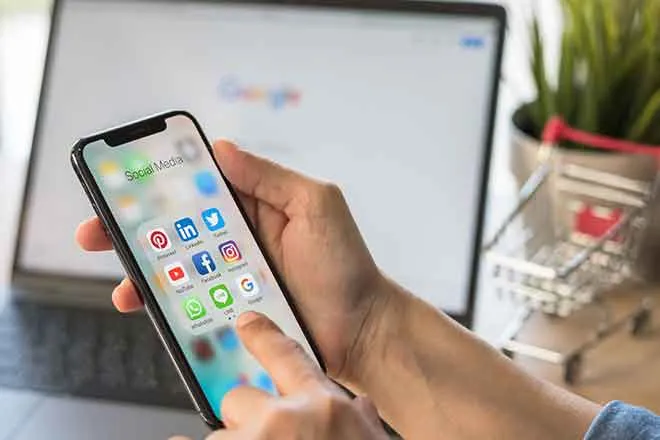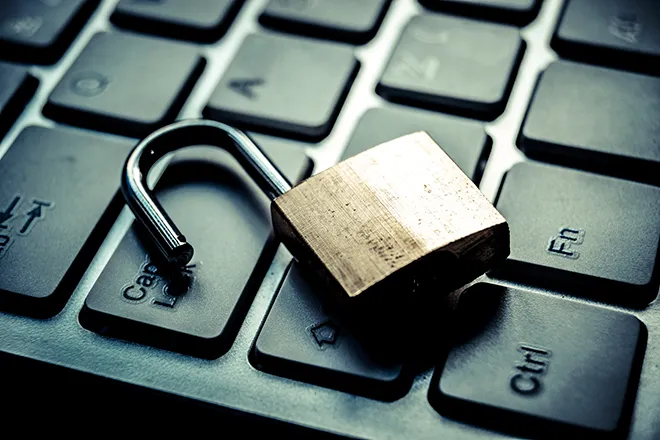
Identity Theft--Somebody Wants To Be You
© scanrail - iStock-910651416
Bad guys want to take your identity, but here are some ways to prevent identity theft or spot it early. Gary Crawford and the "other" Gary Crawford have this report.
PARTICIPANTS: Gary Crawford and the "other" Gary Crawford and Janae McNally, Kansas State University extension expert.
Transcript
Today, we're going to talk a bit about the growing problem of identity theft.
I'm Gary Crawford and we have...
No, no, I'm Gary Crawford.
That's ridiculous.
I'm Gary Crawford.
I've always have been.
No, I'm the real Gary.
No, you are an imposter.
No, no, you are.
Here's my social security number and oh, uh, your, I mean my bank statements and credit cards.
So out of the chair, square.
You can't talk to me like that.
I'll talk any way I like to me.
Goodbye.
Goodbye.
What just happened here?
Someone is trying to be you.
Doing a good job of it too.
That's Janay McNally.
She is an extension expert at Kansas State University.
She says somehow, someway, somebody must have gotten hold of my personal information.
Enough of it to start charging stuff to my account and doing all sorts of things.
In essence, pretending to be me.
Why me?
I will never understand.
I'll never know exactly also how my private information got out there.
But Janay says I probably could have nipped this doppelgangers plot in the bud.
If I had just noticed earlier some things that were going on, some clues.
For example.
If you should stop receiving bills you expect, maybe your utility bills.
Maybe that's an indication that someone has used your identity and made an address change in your name.
Ooh, or we might get bills for health care services we didn't have.
I know I did not ask for the facelift that's on here.
And so Janay says.
We should regularly review our monthly statements for transactions that are strange to us or maybe that we don't recognize.
But most importantly, she says do three things.
Check your credit, check your credit, and check your credit.
Get your credit report.
Look at it closely.
There are three credit reporting companies.
Equifax, TransUnion, and Experian.
All three of these collect and share the financial information on individuals.
Each of those companies will give you one free report a year.
And there are lots of things in that report, including, for example.
Current and past addresses, mortgages, loans, store credit cards, and utility bills.
You know, it tells the financial accounts if you're in good standing.
For example, do you pay your bill on time?
Now, if you have questions about the credit reports and such, Janay says there is a good place to go.
Go online to creditreport.com.
Creditreport.com or call.
And here's the number.
877-322-8228.
That's 877-322-8228.
As to preventing our personal information from being stolen in the first place, Janay says shredding all the paper that might have account numbers on it's a good idea.
Also, bring in your mail as soon as possible after it's delivered.
And finally.
If someone contacts you and ends up asking for any personal information over the phone, do not give it to them.
And if you're doing business online, use a strong password with your accounts.
Mine are so strong I can't remember them myself.
Next time, we'll talk about how to keep from being a victim of phone scams.
This is Gary Crawford.
Oh, no you're not.
No.
I'm Gary Crawford.
Fine.
Reporting for the U.S. Department of Agriculture.















